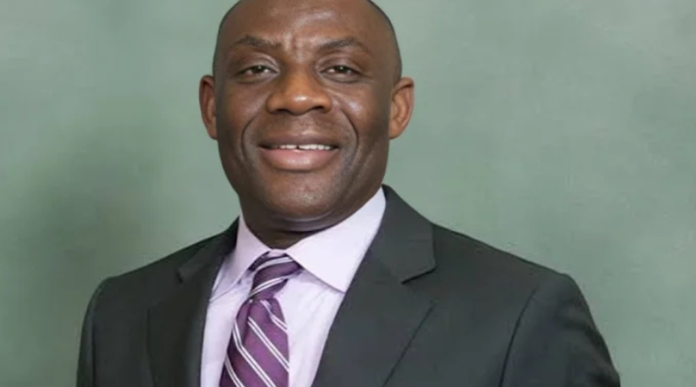In a landmark decision aimed at fostering a deeper understanding of Nigeria’s past, President Bola Tinubu has mandated the reintroduction of Nigerian History as a core subject in the nation’s basic education curriculum. This move ends a 13-year hiatus since the subject was controversially removed during the administration of former President Umaru Musa Yar’Adua.
The Minister of Education, Tunji Alausa, announced the development on Tuesday during Channels Television’s End-of-Year Special Review Show. He revealed that President Tinubu had given a clear directive to bring back the subject, emphasizing its importance for national identity and historical awareness.
“President Tinubu has mandated the return of Nigerian History as a subject in basic education,” Alausa stated emphatically, underscoring the administration’s commitment to revamping the educational system.
In 2009, the Yar’Adua-led government eliminated history from the basic education curriculum, citing low student interest and concerns over limited job prospects for history graduates. Additionally, the shortage of qualified history teachers was a significant challenge that the administration struggled to address.
This decision was met with widespread criticism from educators, cultural historians, and stakeholders who argued that removing history deprived younger generations of a crucial understanding of Nigeria’s rich heritage and sociopolitical evolution. The absence of history in classrooms left many young Nigerians disconnected from the nation’s struggles, triumphs, and cultural diversity.
The return of history to schools has been a long-standing demand among educational advocates. Before leaving office, former Minister of Education Adamu Adamu initiated steps to reintegrate the subject into the curriculum. In Abuja, he presided over an inauguration ceremony to kickstart history teaching at the basic education level and launched training programs to equip teachers with the necessary skills.
These efforts, however, were largely symbolic until President Tinubu’s recent directive transformed them into actionable policy. The Federal Government is now set to make history a compulsory subject in primary and secondary schools, ensuring its nationwide implementation.
The decision to reintroduce history aligns with Tinubu’s broader vision of fostering unity and patriotism among Nigerians. Experts believe that teaching history will help bridge the generational gap in understanding the nation’s struggles for independence, the Civil War, and other pivotal events that have shaped Nigeria.
“Understanding our past is essential to navigating our future,” said Alausa during the interview. “President Tinubu recognizes that history is a tool for national cohesion and identity.”
Parents, educators, and policymakers have lauded the move, emphasizing the role of history in shaping informed and responsible citizens.
While the decision has been widely applauded, implementing the reintroduction of history poses significant challenges. The shortage of qualified history teachers remains a pressing concern. Additionally, updating textbooks and designing a curriculum that balances historical accuracy with inclusivity will require careful planning.
The Federal Government has promised to address these issues through targeted investments in teacher training and curriculum development. Collaborations with universities and historical societies are also being explored to ensure that the subject is taught effectively.
The reintroduction of history has sparked widespread debate on social media and among education stakeholders. Many Nigerians have expressed relief at the return of a subject they deem vital for personal and collective growth.
With the return of history to Nigerian classrooms, the Tinubu administration has made a bold statement about the importance of learning from the past to shape the future. The initiative is expected to inspire a new generation of Nigerians who are deeply rooted in their heritage and equipped to contribute to the nation’s development.

